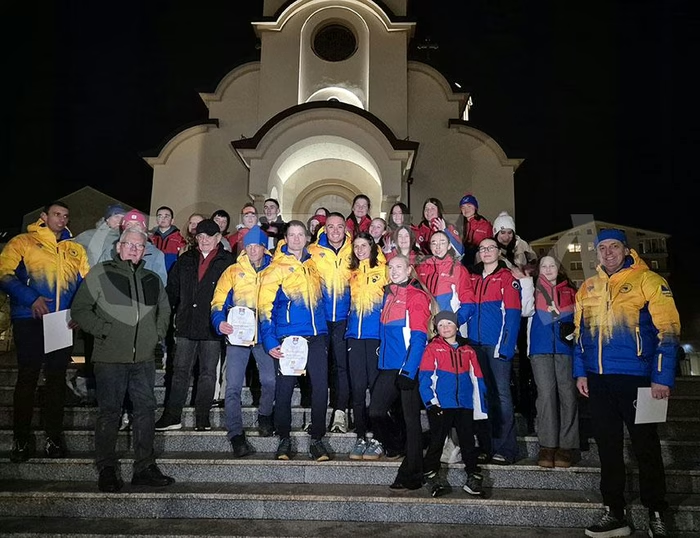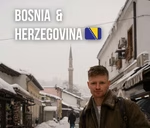
Bosnia’s migrant crisis is not caused by the country’s incompetent authorities but it is a problem even the EU can’t solve, Security Minister Dragan Mektic said in a press conference.
"We are keeping it under control in Bosnia, as much as some individuals would like to portray it as a Bosnian problem," Mektic said.
Most of the migrants come from Central Africa and the Maghreb countries and they arrive in Bosnia after passing through Greece, Bulgaria and Serbia, Mektic said, adding that authorities have registered 9,000 migrants passing through Bosnia until now.
The Minister said the Government is focused on "two key components," the strengthening of the border in order to decrease the number of migrants in the country as much as possible and the humanitarian aspect, "for the people who come in here to have adequate treatment in accordance all conventions."
The migrant issue is most prevalent in the northwestern Una Sana Canton, USK, the Minister said.
Since the beginning of 2018, the number of migrants passing through Bosnia has drastically increased. The country became a significant transit point for the thousands of migrants after numerous surrounding countries closed their borders.
The migrants aim to reach EU countries through Bosnia and Croatia. Croatian border police, however, often turns them away from the border and back into Bosnia.
The northwestern cities of Bihac, Cazin and Velika Kladusa are located in USK and near Croatia’s border and are strongly affected by the situation.
Minister Mektic said that he managed to negotiate the establishment of migrant accommodation centres in Velika Kladusa and in Bihac, while negotiations over establishing more in Cazin and Bosanski Petrovac are ongoing.
"If the EU is able to find a solution, we want to be part of it," he said.
There are 3,000 migrants in Bosnia at the moment, and very few of them applied for asylum, he said.
"Not one request was granted. It is a lie and an attempt of a sham (to say) that someone here is granting citizenships," he said.
He accused the President of Republika Srpska (RS), Bosnia’s Serb-dominated semi-autonomous entity, Milorad Dodik, of trying to "create an additional kind of fear" with such allegations.
Mektic said that he will initiate a proposal to amend the laws so that the armed forces can support the border police in controlling the crisis.
He also said he told EU Special Representative in Bosnia, Lars-Gunnar Wigemark, that he will not allow a "hot spot" for migrants to be established in Bosnia.
"We are a transit country and we will respect all standards and conventions. But for us to become a country where they (migrants) will accumulate - no," Mektic told reporters.
Authorities are maintaining a registry of certain migrants who are also "interesting" from a security perspective, he said.
"There are 30 such persons, we pulled them out of the crisis, they are currently monitored in the immigration centre in Sarajevo, and they don’t have the possibility to leave it," he said.
The border area near the eastern towns of Zvornik and Bijeljina is where most of the migrants are trying to enter the country, he said but added that the goal of the migrants is "exclusively" to pass through Bosnia.
Mektic said that, when he attended a meeting with EU officials, he told them that "Europe has failed this test."
"Smugglers and human traffickers are controlling the process, and not EU institutions. Bosnia can only be seen as a bridge in the chain," he said.
"I am sorry that our politicians are bringing this into a context of a crisis in Bosnia. We are the collateral damage," he said.
Kakvo je tvoje mišljenje o ovome?
Učestvuj u diskusiji ili pročitaj komentare





 Srbija
Srbija
 Hrvatska
Hrvatska
 Slovenija
Slovenija



























































